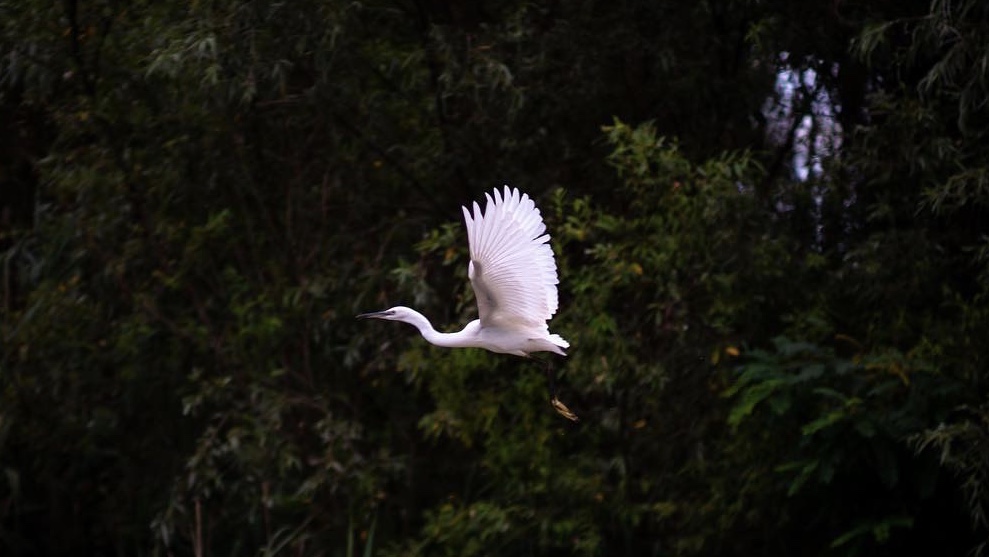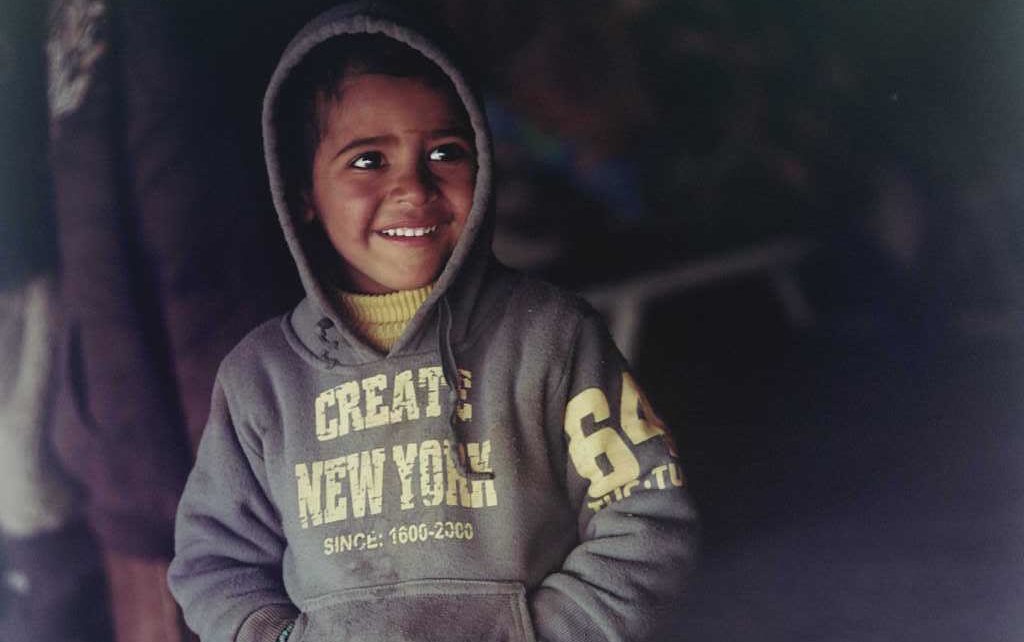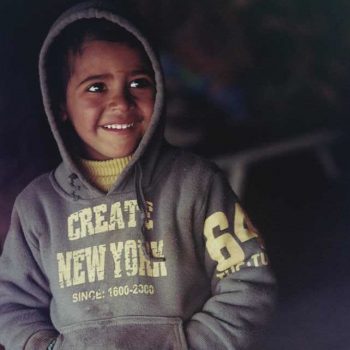(Also published on Medium)
I’m not against Earth Day. I love the environment, I think that is important to protect and conserve it, and I suspect that it is a good thing to have an annual event that honors the planet and draws attention to the importance of environmentalism. But there is something about all of the hoopla surrounding the whole ordeal that has always irked me. I just don’t think that Earth Day should be about earth. It should be about us, the humans.
This slight difference in perspective is important for two reasons:
For one, framing things in terms of our own pleasure, comfort, success, safety, health, and enjoyment will always be a more effective strategy for mobilizing action. Humans are selfish creatures who are generally very bad at looking past their own immediate needs, so the message should play well to that audience.
But I also just think that it is more accurate. No matter what we do — even if we press all of the red buttons and vaporize a good chunk of the planet’s surface — I promise you that the earth will be fine. It has survived extinction events in the past, and it can do it again. On the scale of geologic time, even the worst damage that we can inflict will barely register and as long as it is still has an atmosphere, a magnetic field, liquid water, and continues to orbit in the Goldilocks Zone, it’ll keep churning out biodiversity. Whether or not we’re around to enjoy it is a different matter altogether.
On the scale of geologic time, even the worst damage that we can inflict will barely register
The fact of the matter is that the planet has survived global catastrophes in the past, and it can do it again. In fact, some of these catastrophes were actually instrumental in paving the way for the world that we now know and love.
Take for example the first extinction event that we are aware of: the Great Oxygenation Event, which is also referred to as the Oxygen Catastrophe or the Oxygen Holocaust because it was an absolute cataclysm for anaerobic life. It was entirely self-inflicted. A fast-growing global population of anaerobic cyanobacteria generated so much oxygen as a byproduct of their domineering survival, that the fluid that they lived in (the ocean) could no longer absorb it, and the resulting environmental changes rendered much of the globe uninhabitable. Does that sound familiar?
Most of the remaining evidence for this catastrophe lies in a thick layer of banded iron deposits spread throughout the globe, which represent the enormous amounts of rust that formed when the waste oxygen excreted by the cyanobacteria combined with the iron dissolved in the water and sank to the ocean floor. Once the available supplies of absorbent iron that was dissolved in the ocean was exhausted by this process, the excess oxygen began filtering throughout the ocean and later bubbling into the atmosphere, poisoning what was then the dominant form of life on the planet.
But all of that oxygen did something else, too. It made the atmosphere rich in oxygen. It paved the way for all of the complex life that followed: all of the fish, the dinosaurs, the birds, the monkeys, and us.
Who can say that our own extinction or culling will be any different? It’s more than a little hubristic to think that our own destruction, or the loss of our own way of life, is equal to the destruction of the earth. Perhaps our demise will pave the way for some further progress of life. Or maybe it will represent a setback. We do not know. In either case, the earth doesn’t care. It doesn’t keep to a schedule. The earth will continue to spin, orbit, protect, and apply evolutionary pressure. It will be host to more biological winners and losers, and on geological timescales it will not take long for earth to grow something new.
And who knows, maybe some smarter, more ecologically sound version of our species will survive and remain on top. Or maybe we will have to step aside, and the squids will thrive in the warmer oceans and eventually evolve to become sentient. Perhaps someday sentient squid geologists will puzzle over the abrupt end of a thin geological layer of discarded plastic and soot.
I certainly hope that isn’t what happens. But I only hope it because, as a member of the only species that is capable of appreciating the beauty of this place, it would just be a shame to diminish it. It’s a question of what sort of world we want to live in, not a question of whether the earth will be ok. And personally, I just want to live in a world where big cats exist and solitude in nature is possible — because I like those things. It’s what I want. It’s what’s at stake.





